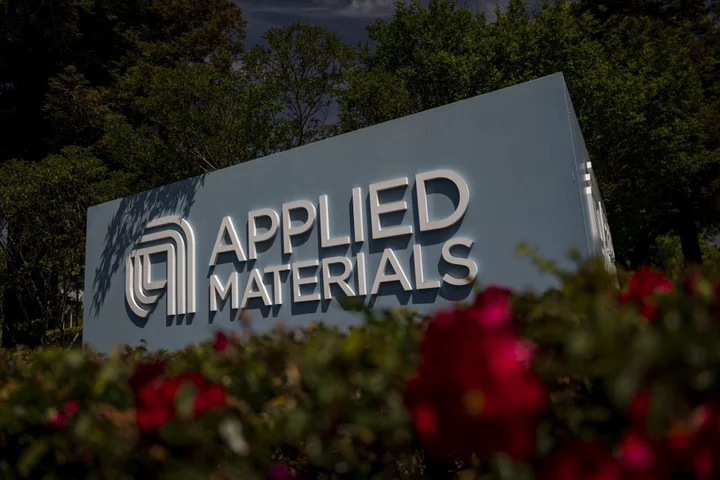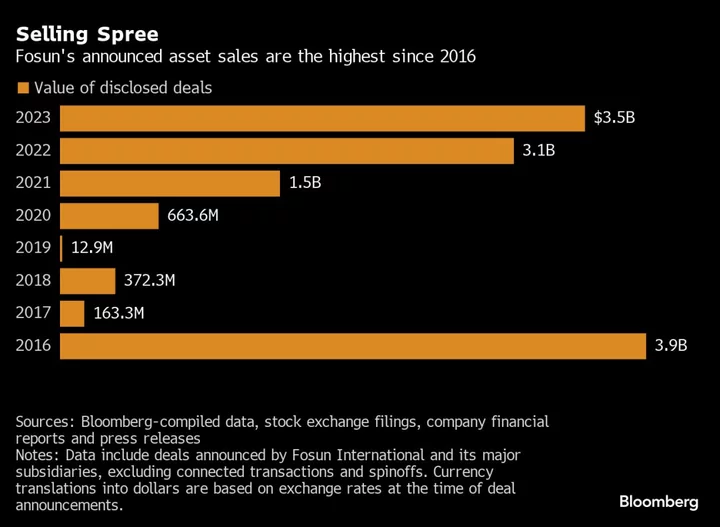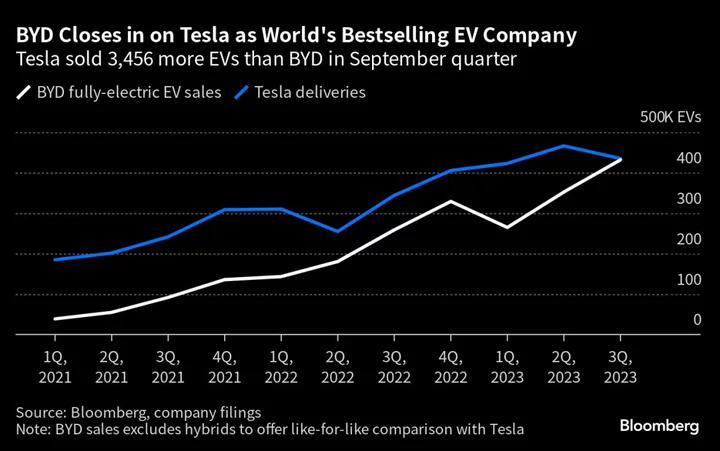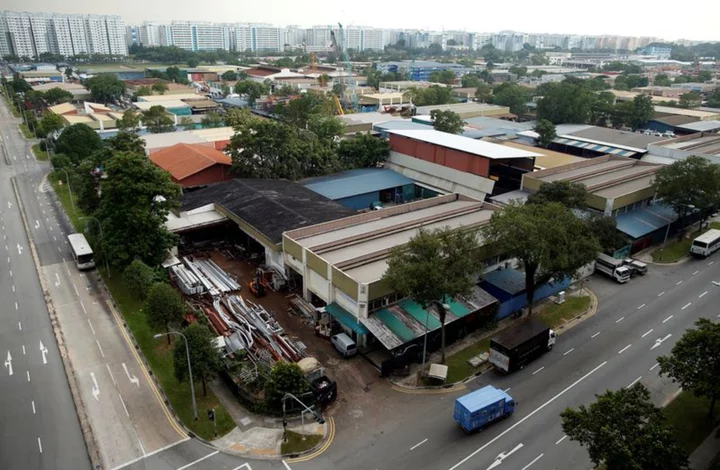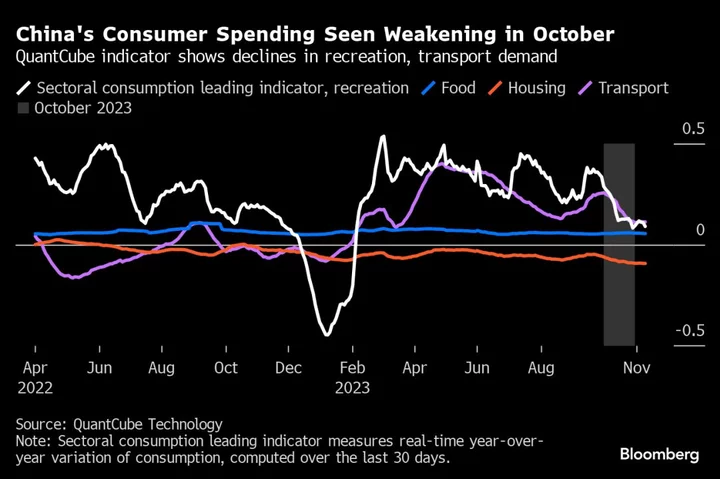Applied Materials Inc., a leading producer of chipmaking equipment, is expanding in India because it believes the country’s supportive government policies and abundant local talent will create the foundation for a promising semiconductor sector.
Prabu Raja, president of the US company’s semiconductor products group, said India is on its way to becoming a major hub for semiconductor packaging and assembly. That should create a solid foundation for the industry, setting the stage for the country to move into more challenging — and expensive — semiconductor manufacturing.
“Packaging is the next big inflection that’s going to happen, it’s the right approach,” Raja said in an interview Thursday.
Prime Minister Narendra Modi has championed the push into semiconductors, including with a $10 billion fund unveiled nearly two years ago to draw chipmakers. More broadly, he has outlined ambitions to create a robust tech manufacturing sector — dubbed “Make in India” — that has already drawn investments from Apple Inc. suppliers.
Micron Technology Inc., the American memory chip company, is setting up a $2.75 billion semiconductor assembly and testing facility in western Gujarat state, with financial incentives from the Modi administration. Applied Materials said last month it will invest $400 million over four years to establish a new engineering center in Bangalore. It already runs a research center in the city.
While the company won’t yet assemble chipmaking equipment in India, it will use the new center to work with suppliers and partners on developing new products, Raja said.
Modi is leveraging India’s geopolitical clout to become an indispensable partner for American tech ambitions, as Washington clashes with Beijing on a range of issues. India’s standing as a stable democracy and reliable tech center have helped the country’s ambitions.
“The world needs a trusted supply chain,” Modi said at a conference Friday in his home state of Gujarat. “Who could be a better partner than the world’s biggest democracy?”
Manufacturing semiconductors is extremely challenging and expensive, and it has taken leading players like Taiwan Semiconductor Manufacturing Co. and Samsung Electronics Co. decades to refine their expertise. Raja said India could begin its foray into chipmaking with processes such as packaging, which comprises mounting circuits onto a silicon wafer or chip.
“The confidence level on India has gone up in the last few years,” Raja said. “If you look at global semiconductor ecosystems in Silicon Valley, there are lots of Indians. Companies coming to India are likely to use a combination of talent from global hubs and from India.”

